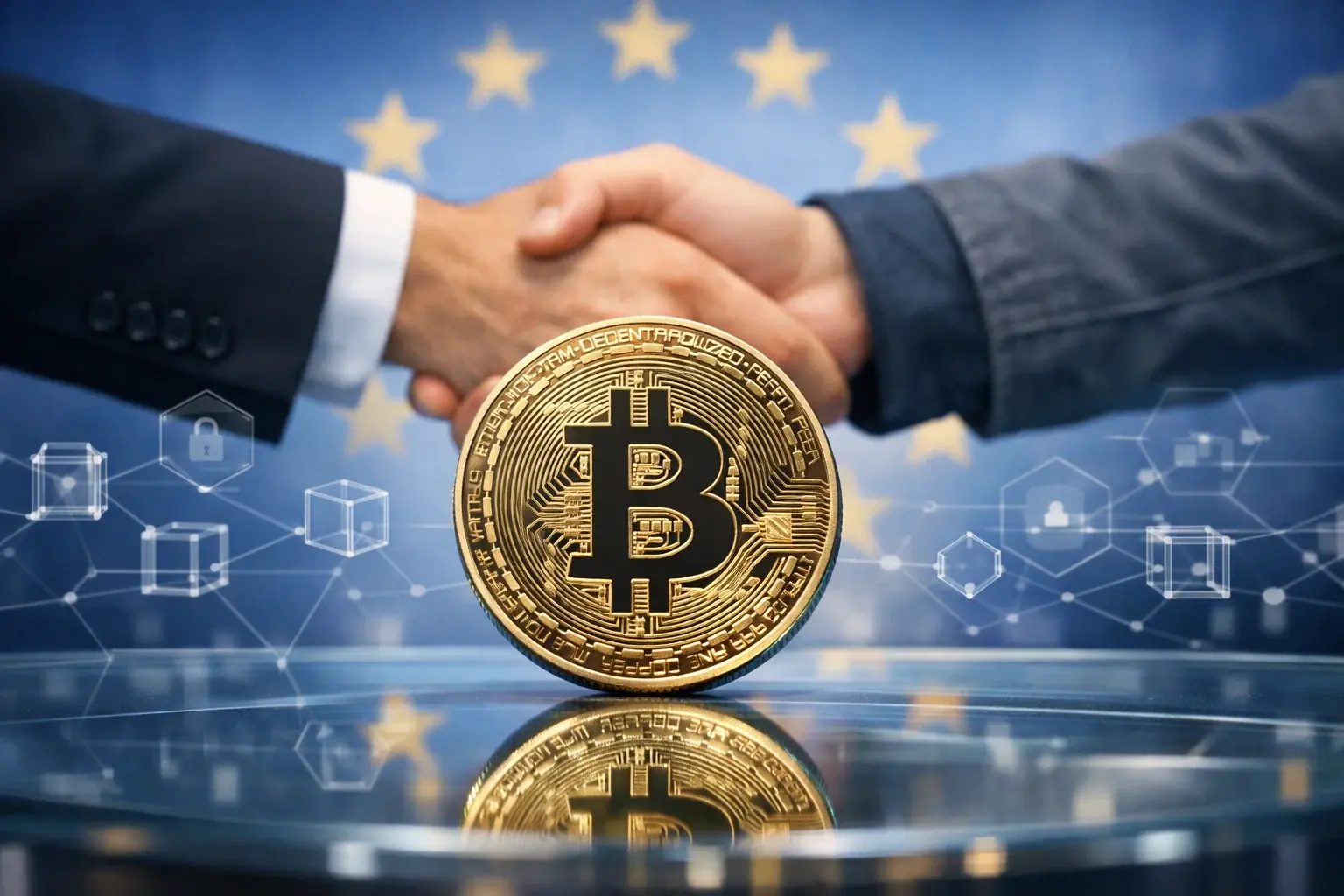That cryptocurrencies are part of the issues included in the campaign for the upcoming US presidential election is no longer surprising to anyone. We ourselves, from the virtual pages of SpazioCrypto, had spoken of Donald Trump's approach, historical opponent of decentralised finance, to the industry, to demand cryptocurrency funding also in digital assets. From then on, the former president increasingly came out in favour of these payment systems.
The opinion of his challenger, Democrat Kamala Harris, was missing. Joe Biden's current deputy had never spoken out on the issue. She did so this weekend, probably not by chance, since the election day is now only about 40 days away. Every preference, now, begins to count in earnest.
The Statements of Kamala Harris
The proscenium chosen by Harris to speak about cryptocurrencies and decentralised finance was the main temple of world finance: Wall Street. The Democratic candidate was at the New York Stock Exchange to promote a fundraiser for her campaign. As is well known, American elections are won by those who can sell themselves the best, collecting the most money to oil their wheels.
During her speech, the Vice-President promised to encourage major investments in new technologies, starting with the two currently most talked about: digital finance and artificial intelligence. The strategy thus seems clear. Since Trump has already been working for some time to ingratiate himself with the category of voters enthusiastic about cryptocurrencies, his challenger also wants to do the same, so as not to preclude himself from a good pool of preferences.
Biden, while never declaring himself to be against crypto, has done very little during his term in office to stimulate the sector. Many insiders thought he was hostile to decentralised finance, and the Dem entourage probably wanted to make up for it by asking Harris to explicate the concepts he included in his speech.
The Wall Street Comedium
"We will work together to invest in America's competitiveness. We will work together to invest in America's future. We will encourage innovative technologies like artificial intelligence and digital assets, while protecting our investors and our consumers. We will create a safe business environment with consistent and transparent rules. We will invest in semiconductors, clean energy and other industries of the future. In doing so, we will reduce unnecessary bureaucracy."
While remaining rather banal, Kamala Harris's speech represents an important opening. In fact, a few weeks ago, there were already signs in this direction. Brian Nelson, senior advisor to Harris in her election campaign, hinted that he would support whatever policy the party chose on crypto. In fact, he gave a green light to any kind of favourable legislation, while specifying that, in his view, it was important to issue clear rules, given the failure of some giants in the sector.
How they reacted to the workers
Faryar Shirzad, Coinbase's policy director and a well-known voice within the Web3 scene, was one of the first to react to Kamala Harris's statements. In a post on Twitter he wrote:
"This is an important and constructive statement by Kamala Harris. It is not as forward-looking as the visionary positions taken by Donald Trump, but it is still noteworthy. It recognises the innovation of digital assets and compares them to AI."
It is safe to assume that a good portion of colleagues and clients feel the same way. The democrats hope that this newfound closeness will earn them some votes from those in the industry.
If you want to keep up with the latest news from the cryptocurrency industry, sign up for the newsletter from SpazioCrypto.








